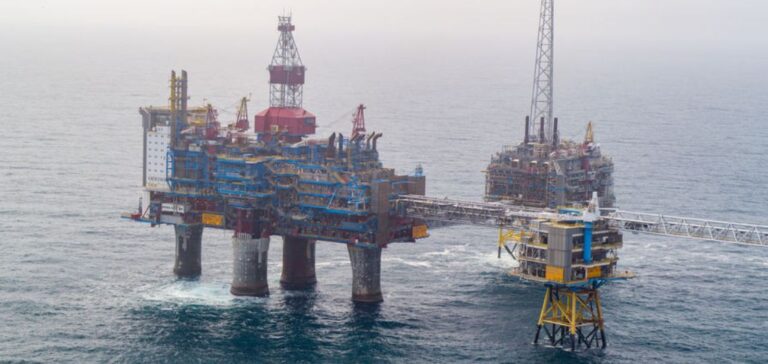CO2 capture for enhanced oil recovery (CCS-EOR) has been less favored in recent years than capture for dedicated sequestration (CCS-Storage).
However, a new study by Wood Mackenzie shows that CCS-EOR could often result in lower net emissions and better support the energy transition.
Contrary to critics who claim that CCS-EOR prolongs hydrocarbon production and worsens climate change, this analysis demonstrates that even in the most ambitious decarbonization scenarios, the development of new sources of oil remains indispensable.
According to Wood Mackenzie forecasts, global oil demand could reach 30 million barrels per day by 2050, even in the most aggressive emission reduction scenarios.
The company’s “Enhanced oil recovery with captured CO2” series of reports points out that CCS-EOR could replace almost all volumes produced on the world market, with no significant impact on oil demand and associated emissions.
Grants and Economy
The report points out that subsidizing CCS-EOR on a smaller commercial scale than CCS-Storage, or even CCU (Carbon Capture and Utilisation), would result in reduced overall CO2 capture and less decarbonization for the economic burden imposed.
Currently, subsidies for CCS-EOR are lower in Canada and the USA, which paradoxically indirectly subsidizes other, higher-emitting sources of oil supply outside their jurisdiction, thus weakening national energy security.
Peter Findlay, Director of CCUS Economics at Wood Mackenzie, explains that “CCS-EOR can offer a pragmatic solution for the energy transition, reducing the carbon footprint compared to traditional oil and gas operations”.
However, this is only true if the CO2 used in EOR operations comes from anthropogenic sources, such as industrial sources or Direct Air Capture (DAC).
Viable strategy for growers
Companies seeking to maximize shareholder returns, decarbonize their portfolios and maintain supply in times of geopolitical tension could find CCS-EOR a suitable solution.
This approach would enable producers to vary production between EOR and non-EOR wells according to oil and carbon market conditions.
Some companies, such as Denbury and Occidental Petroleum, are exploring the possibility of pushing the benefit of capture up the product value chain to create net-zero oil.
However, the accounting and delineation details of what is included in the net-zero oil calculation are essential.
At present, this approach is not yet economically viable for producers without an increase in market demand.
The report concludes that, as with many other decarbonization initiatives, the expansion of CCS-EOR to a significant scale requires some certainty about future subsidy schemes or carbon prices – a clear incentive to decarbonize.
An enforced carbon price would encourage CCS-EOR production sufficiently to stimulate its growth over other options.






















